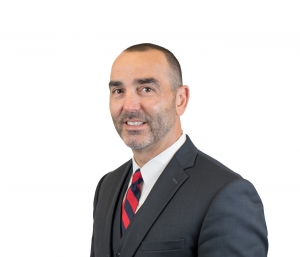A federal grand jury has indicted seven individuals—including accountants and licensed appraisers—with federal crimes in connection with the individuals’ promotion of syndicated conservation easement transactions.
In a syndicated conservation easement transaction, promoters sell ownership interests in land to investors through partnerships, and then grant conservation easements on the land to qualified charitable or government organizations. Through a process of appraisals and reappraisals, the partnerships claim large tax deductions that the partnerships then pass through to the investors.
The tax law permits income tax deductions for charitable donations, and the donation of a conservation easement—a legal agreement under which a landowner gives a charitable organization or government the right to prevent future land development—qualifies as a charitable donation if certain requirements are met. But, according to the Internal Revenue Service, conservation easement promoters sometimes abuse the tax laws to allow investors to claim tax deductions they are not legally entitled to. And now, the Internal Revenue Service and Department of Justice are cracking down on abusive conservation easement transaction promoters.
The indictment makes clear that the Internal Revenue Service and Department of Justice place a high priority on prosecuting abusive tax shelters like syndicated conservation easement transactions. And, taxpayers and their advisors should think twice, and carefully scrutinize the investment opportunity, before investing in transactions that promise large tax deductions in exchange for a small investment.
Walter Haverfield’s tax attorneys have experience helping taxpayers and their advisors navigate Internal Revenue Service audits of syndicated conservation easement transactions. But, the best way to avoid an audit is to stay away from abusive syndicated conservation easements that represent abusive tax shelter transactions, in the first place. There are certainly legitimate syndicated conservation easements. But, distinguishing between those legitimate syndicated conservation easements and those that lack a substantial business purpose and economic substance (i.e., abusive) is where the difficulty lies. It is important to ensure that an objective and competent tax advisor familiar with syndicated conservation easement transactions review and provides guidance on this opportunity before investing. VIEW INDICTMENT HERE.
Vince Nardone is Partner-in-Charge of Walter Haverfield’s Columbus office. Vince can be reached at vnardone@walterhav.com or at 614-246-2264.
Mike Sorice is an associate in the Columbus, Ohio office of Walter Haverfield. Mike can be reached at msorice@walterhav.com or at 614-246-2262.

